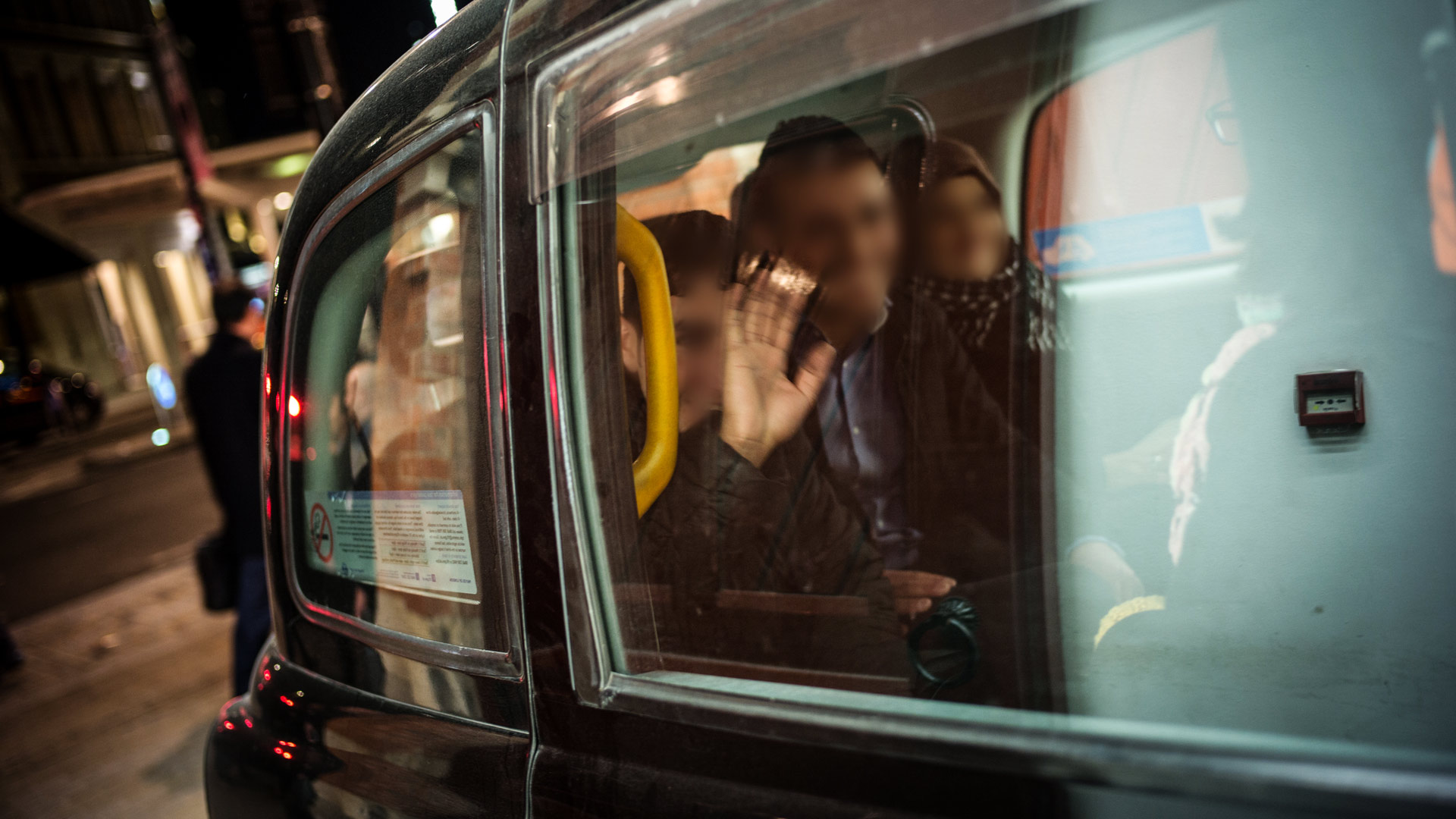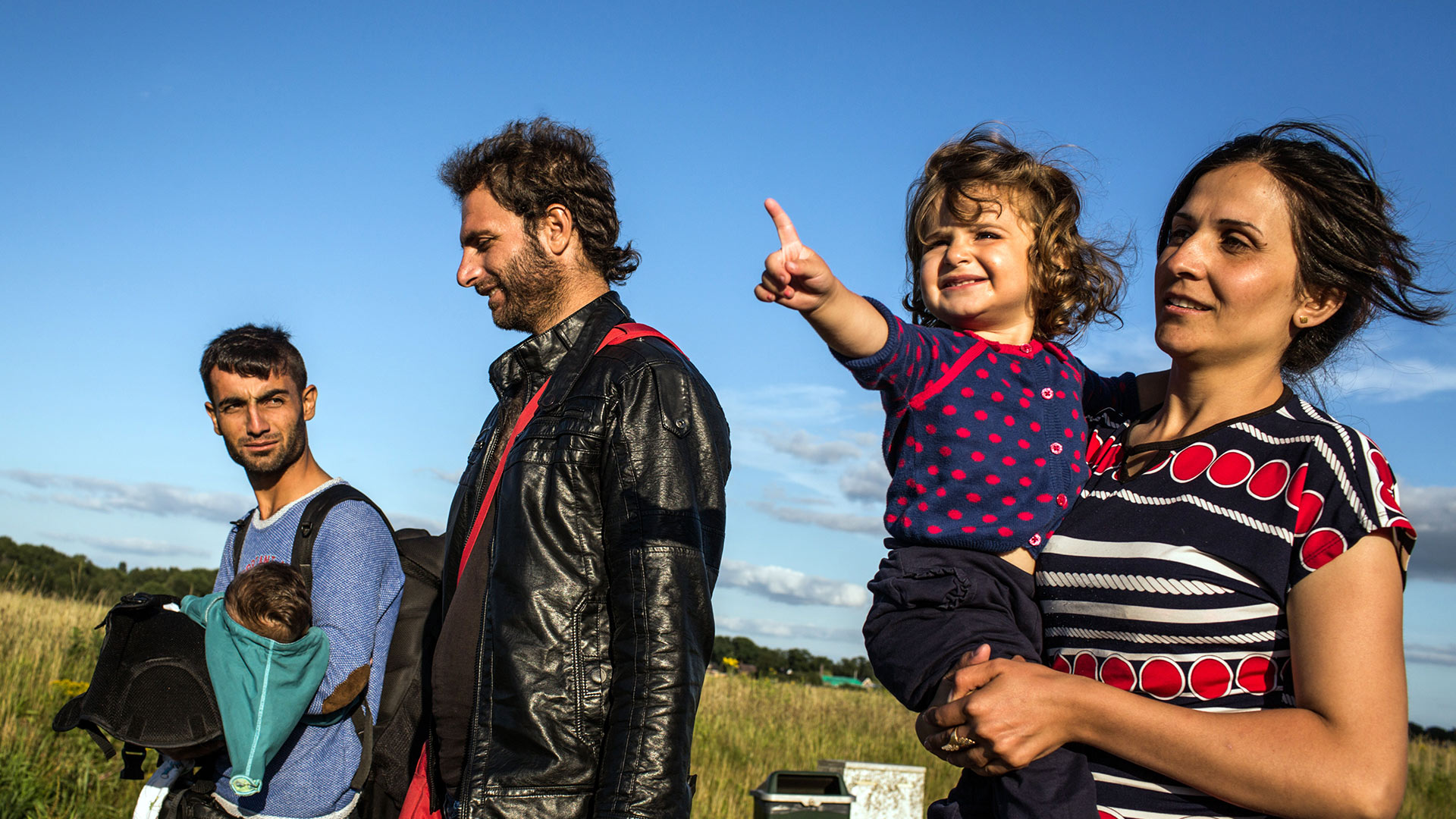In Ethiopia, UNHCR moves more Somalis into new camp amid measles vaccination
In Ethiopia, UNHCR moves more Somalis into new camp amid measles vaccination

DOLLO ADO, Ethiopia, August 9 (UNHCR) - Some 4,000 Somali refugees have been moved to a new camp in Ethiopia in an ongoing operation to decongest areas hosting recent arrivals from famine-hit Somalia.
More than 78,000 Somalis have arrived in southern Ethiopia's Dollo Ado area since January, overwhelming reception capacities in this remote location. Kobe camp, which was opened in June for the new arrivals, filled up within weeks.
Another camp, Hilaweyn, was recently completed. On August 5, UNHCR and the International Organization for Migration started transferring refugees from the overcrowded Dollo Ado transit centre to this new camp. With 1,000 refugees being moved every day, the transfer of 15,000 refugees from the transit centre is expected to be completed within two weeks.
The relocation comes amid efforts to control a recent outbreak of suspected measles in the Dollo Ado camps. UNHCR and its partners are conducting screening and measles vaccination for all children between the ages of six months and 15 years before their transfer to Hilaweyn camp.
On Tuesday, more vaccines were airlifted to Dollo Ado with support from UNICEF and the Ethiopian Ministry of Health. UNHCR and its partners are preparing to expand the measles vaccination campaign to Kobe camp, the worst-affected in the area, on Thursday.
"One of the challenges in the response to the outbreak is that the refugees are not in the habit of seeking medical attention for the sick," said UNHCR spokesman Andrej Mahecic in Geneva on Tuesday. "Health partners have started a large community mobilization campaign to raise awareness of the symptoms of measles with a focus on the '3 Rs' - red eyes, a rash and runny nose."
Health education materials in the Somali language have been dispatched to Dollo Ado. Messages are being disseminated at food distribution centres, water collection points and in health and nutrition centres. Religious and community leaders have also been mobilized to raise awareness, and particularly to encourage families to take the sick to health centres. Surveillance in the camps has been intensified to ensure that cases are identified and immediately sent to health clinics for treatment.
"Overall, the suspected measles outbreak still rates relatively low as a cause of mortality in the camps, with diarrhoea, respiratory tract infection and acute malnutrition remaining the main causes," said Mahecic.
He noted that a strategy is being developed to address high mortality rates in the camps while work is continuing to improve nutrition, water and sanitation programmes.
Meanwhile in Somalia, UNHCR on Monday landed its first airlift in Mogadishu in more than five years. It carried plastic sheets, sleeping mats, blankets, jerry cans and kitchen sets for internally displaced people to collect and carry food. A further airlift is expected on Thursday, followed by a third flight next week carrying high energy biscuits.
By the end of August, the UN refugee agency plans to deliver aid to up to 180,000 people in Mogadishu and south-central Somalia - areas affected by a mix of conflict, drought and famine. However, the delivery of this much-needed aid is being hampered by the volatile security situation.








